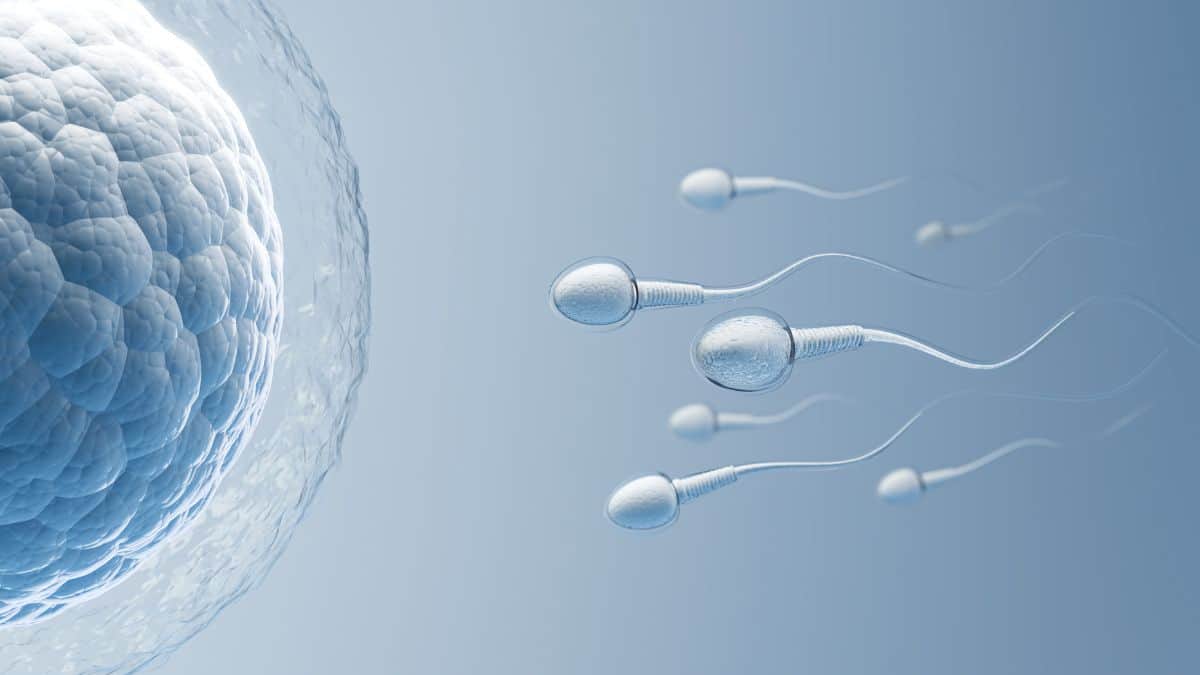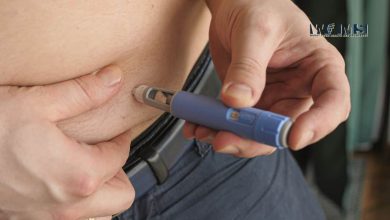What to Know About Egg Freezing: A Modern Approach to Fertility Preservation

In recent years, egg freezing has emerged as a powerful tool in reproductive health, offering women greater flexibility and control over their fertility. Whether driven by personal, medical, or professional reasons, more women are turning to egg freezing, also known as oocyte cryopreservation, as a way to preserve their ability to have biological children in the future. If you’re considering this option or simply curious, here’s what you need to know about this modern approach to fertility preservation.
What Is Egg Freezing?
Egg freezing is a medical procedure that allows women to preserve their unfertilized eggs for use at a later time. The process involves stimulating the ovaries to produce multiple eggs, retrieving them through a minor surgical procedure, and then freezing them using a technology called vitrification. These frozen eggs can be thawed, fertilized, and transferred to the uterus at a future date.
Why Do Women Choose Egg Freezing?
There are many reasons a woman might choose to freeze her eggs, including:
- Career planning: Some women want to focus on education or career goals before starting a family.
- Medical treatments: Those undergoing cancer treatments or surgeries that may impact fertility often freeze their eggs as a safeguard.
- Lack of the right partner: Egg freezing provides time for women who haven’t yet found the right partner to start a family with.
- Early family planning: Women who want to have children later in life but are aware of the natural decline in fertility may choose to freeze their eggs while they are younger and more viable.
Timing Matters
Fertility naturally declines with age, especially after 35. The younger a woman is when she freezes her eggs, the higher the chances of success later on. While there’s no “perfect” age, many fertility specialists recommend egg freezing before the age of 35 for the best outcomes. However, women in their late 30s and early 40s can still benefit from the procedure.
The Process: What to Expect
- Consultation and testing: Your fertility specialist will assess your ovarian reserve through blood tests and ultrasound to determine how many eggs you might be able to retrieve.
- Ovarian stimulation: You’ll take hormone injections for 8–14 days to stimulate your ovaries to produce multiple eggs.
- Egg retrieval: This is a minor outpatient procedure performed under sedation.
- Freezing: The retrieved eggs are frozen immediately using rapid freezing technology to preserve their quality.
Costs and Considerations
Egg freezing can be expensive, with costs ranging from $6,000 to $15,000 per cycle, not including medication or storage fees. It’s important to consider financial planning and ask about any payment plans or fertility coverage your insurance may offer.
Egg freezing is not a guarantee of future pregnancy, but it significantly increases the odds when used appropriately, especially with younger eggs.
Conclusion
Egg freezing offers women the freedom to plan for the future on their own terms. While it involves careful thought and medical decision-making, it can also bring peace of mind. If you’re considering this option, speak with a fertility specialist to explore whether egg freezing is the right step for your fertility journey.




